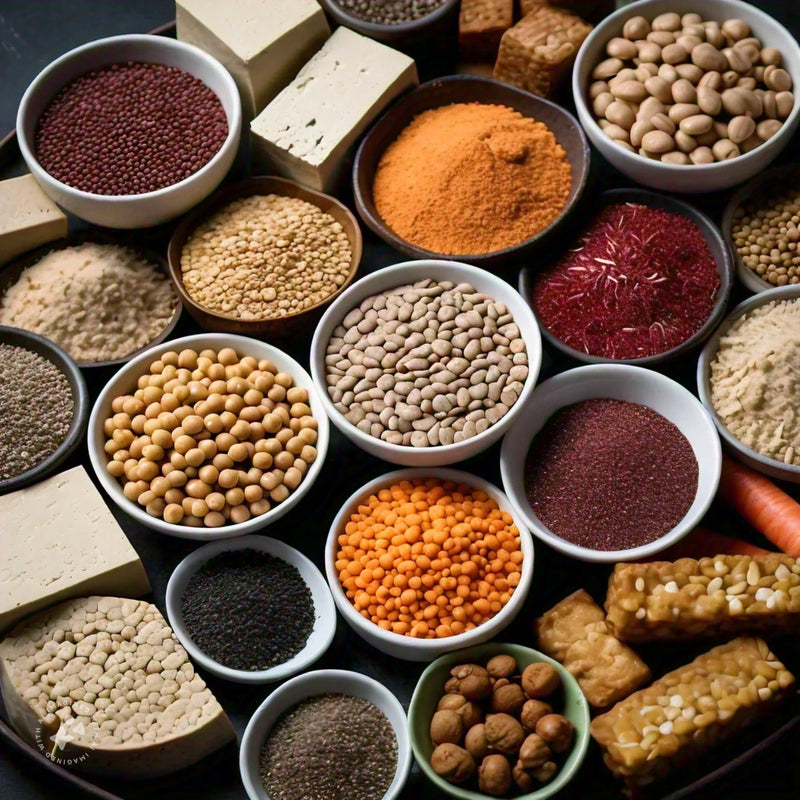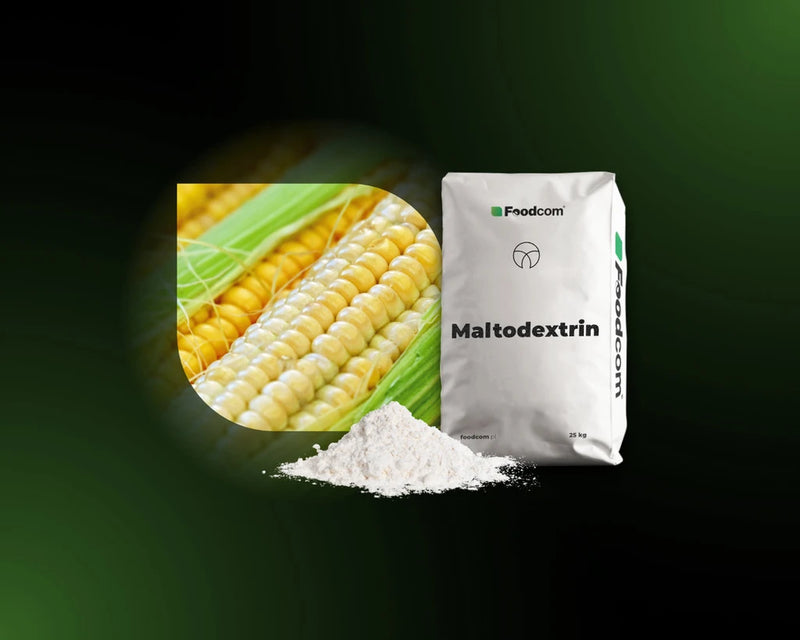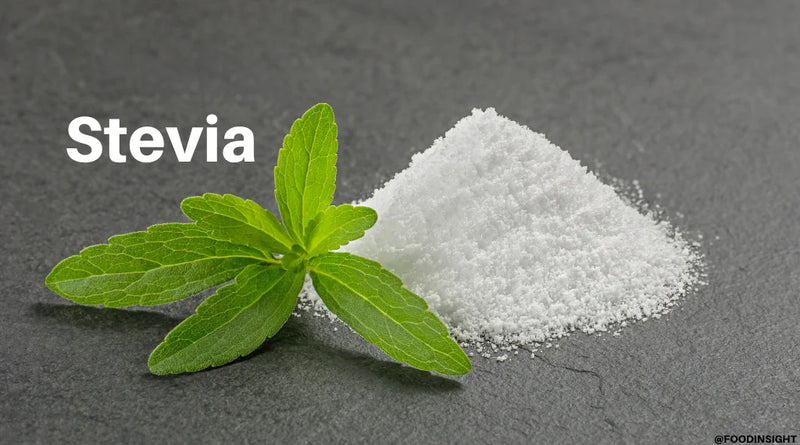Pea protein has emerged as a popular plant-based protein source, offering numerous benefits for individuals seeking a healthier and more sustainable diet. In fact, research suggests that when combined with resistance training, pea protein can be just as effective as whey in promoting muscle growth. This is largely due to its rich leucine content, a vital branched-chain amino acid (BCAA) that plays a key role in muscle protein synthesis, helping to repair and build muscle tissue. For athletes and fitness enthusiasts, leucine is particularly valuable in supporting recovery and muscle growth.
One of pea protein’s biggest strengths lies in its versatility. Whether blended into smoothies and shakes or added to pancakes, oatmeal, or baked goods, it easily fits into a variety of recipes without compromising taste or texture. Beyond its nutritional benefits, pea protein also tends to be more easily digestible than other protein sources, particularly for those with sensitivities to dairy or soy. But the appeal of pea protein extends beyond personal health.
It’s also a more sustainable option compared to animal-based proteins. The production of pea protein demands fewer resources and has a significantly smaller carbon footprint, making it a more environmentally responsible choice.
Whether you're a fitness enthusiast, a vegan, or simply looking to improve your overall health, pea protein is a valuable addition to your diet. Its nutritional benefits, versatility, and sustainability make it a compelling choice for individuals seeking a complete and plant-based protein source.
References:
-
Banaszek, A., Townsend, J., Bender, D., Vantrease, W., Marshall, A., & Johnson, K. (2019). The Effects of Whey vs. Pea Protein on Physical Adaptations Following 8-Weeks of High-Intensity Functional Training (HIFT): A Pilot Study. Sports, 7(1), 12. https://doi.org/10.3390/sports7010012
-
Wang, J., Kadyan, S., Ukhanov, V., Cheng, J., Nagpal, R., & Cui, L. (2022). Recent advances in the health benefits of pea protein (Pisum sativum): bioactive peptides and the interaction with the gut microbiome. Current Opinion in Food Science, 48, 100944. https://doi.org/10.1016/j.cofs.2022.100944
-
Pea Protein Powder: Nutrition, Benefits and Side Effects. (2018). Healthline. https://www.healthline.com/nutrition/pea-protein-powder








